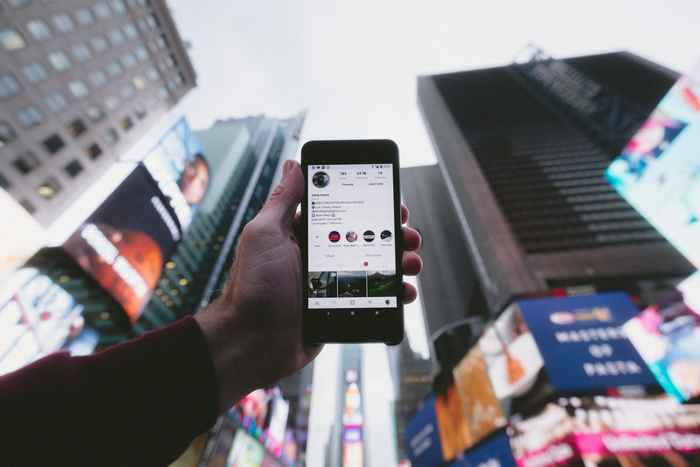Honoursmodule: The Future of Marketing (6 EC)
Society faces many challenges like geopolitics, trade war, exploitation, loss of biodiversity and climate change. In this course, we take a critical look at how business and marketing practices relate to these issues, explore their impacts, and imagine alternative approaches that create long-term value for all stakeholders.

Two types of sessions will take place. There are lecture type sessions that focus on core theories and frameworks. In these theory-focused sessions, we lay the foundation to go in-depth and analyse the world around us. Along the way, we dive into questions such as: What are the basic concepts of marketing and why is the field so complex today? What makes consumption meaningful? How does consumption relate to personal well-being and to societal outcomes? Who is responsible for influencing and shifting (consumer) behaviour? When does something become greenwashing? We look outside of the classroom to collect examples for closer inspection. The theoretical lectures will be complemented by guest speakers from the marketing field.
Theoretical lectures will be mixed with sessions that are hands-on, with interactive exercises, critical discussions, and teamwork. In interdisciplinary groups, students explore topics from multiple perspectives and develop their own vision of what marketing is and can be. The course concludes with a TED Talk-style event, where student teams share their insights and connect with professionals and academics in an engaging, future-oriented forum.
Coordinator
Prof. dr. Willemijn van Dolen
Timetable
All lectures will take place on-campus and we assume you can be physically present during the scheduled hours. You can find the timetable on Datanose.
Registration
Registration is possible for students participating in an Honours programme. The registration period for the Honours courses will be from June 6, 10:00 am to June 10, 11.59 pm. You can register through the online registration form that will appear on Honoursmodules IIS. (registration is NOT through SIS)
Please note: Placement is not guaranteed if you register after June 10, so make sure you register on time. You will hear which course(s) you are registered for before the end of June.
For questions about registration, please contact us at: honours-iis@uva.nl.
- Mode
- Honours programme
- Credits
- 6 ECTS,
- Language of instruction
- English
- Starts in
- October